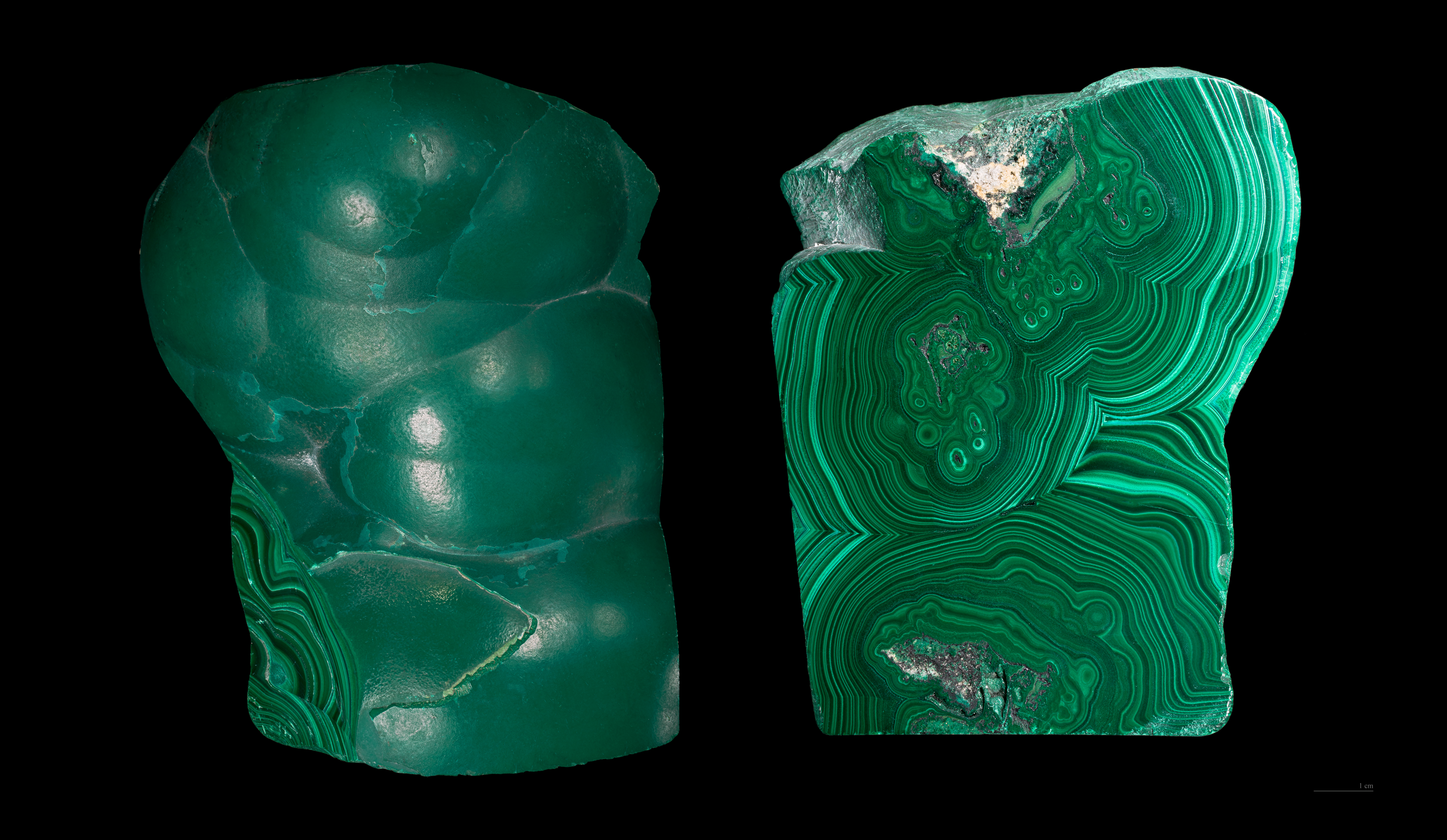|
December 2013 Kinshasa Attacks
Attacks in Kinshasa, the capital of the Democratic Republic of the Congo, were launched by supporters of religious leader Paul Joseph Mukungubila against television studios, the airport and a military base in the capital on 30 December 2013. The state security forces responded, killing around 54 of the attackers. An additional 47 of Mukungubila's supporters were killed in separate clashes in the cities of Lubumbashi and Kolwezi and around 100 people were arrested. Attacks Attacks by men armed with knives were made against the state broadcaster's studios, N'Djili International Airport and the Colonel Tshatshi Military Camp from around 7.00am local time. Religious leader and former presidential candidate Paul Joseph Mukungubila claimed responsibility for the violence. An army colonel was killed during fighting at the military base but the information minister, Lambert Mende, claimed the government would preserve order "at any price" and stated that there was no chance of the att ... [...More Info...] [...Related Items...] OR: [Wikipedia] [Google] [Baidu] |
N'djili Airport
N'djili Airport (french: Aéroport de N'djili ), also known as N'Djili International Airport and Kinshasa International Airport, serves the city of Kinshasa and is the largest of the four international airports in the Democratic Republic of the Congo (DRC). It is named after the nearby Ndjili River. History The airport was inaugurated in 1953. In 1998, N'Djili airport was the site of Operation Kitona, one of the decisive battles of the Second Congo War. Rebel forces advancing on Kinshasa infiltrated the airport perimeter but were repelled by Zimbabwean troops and aircraft arriving to support the government of Laurent Kabila. In June 2015, a new international terminal was opened which can service one million passengers per year. Some computerized upgrades to the arrivals terminal have been implemented in recent years, although corruption remains a problem. Airlines and destinations Passenger Cargo Accidents and incidents * On 18 August 1968, Douglas DC-3D 9Q-CUM of ... [...More Info...] [...Related Items...] OR: [Wikipedia] [Google] [Baidu] |
Katanga Province
Katanga was one of the four large provinces created in the Belgian Congo in 1914. It was one of the eleven provinces of the Democratic Republic of the Congo between 1966 and 2015, when it was split into the Tanganyika Province, Tanganyika, Haut-Lomami, Lualaba Province, Lualaba, and Haut-Katanga provinces. Between 1971 and 1997 (during the rule of Mobutu Sese Seko when Congo was known as Zaire), its official name was Shaba Province. Katanga's area encompassed . Farming and ranching are carried out on the Katanga Plateau. The eastern part of the province is considered to be a rich mining region, which supplies cobalt, copper, tin, radium, uranium, and diamonds. The region's former capital, Lubumbashi, is the second-largest city in the Congo. History Copper mining in Katanga dates back over 1,000 years, and mines in the region were producing standard-sized ingots of copper for international transport by the end of the 10th century CE. In the 1890s, the province was beleaguered ... [...More Info...] [...Related Items...] OR: [Wikipedia] [Google] [Baidu] |
Terrorist Incidents In The Democratic Republic Of The Congo
Terrorism, in its broadest sense, is the use of criminal violence to provoke a state of terror or fear, mostly with the intention to achieve political or religious aims. The term is used in this regard primarily to refer to intentional violence during peacetime or in the context of war against non-combatants (mostly civilians and neutral military personnel). The terms "terrorist" and "terrorism" originated during the French Revolution of the late 18th century but became widely used internationally and gained worldwide attention in the 1970s during the Troubles in Northern Ireland, the Basque conflict, and the Israeli–Palestinian conflict. The increased use of suicide attacks from the 1980s onwards was typified by the 2001 September 11 attacks in the United States. There are various different definitions of terrorism, with no universal agreement about it. Terrorism is a charged term. It is often used with the connotation of something that is "morally wrong". Governments and ... [...More Info...] [...Related Items...] OR: [Wikipedia] [Google] [Baidu] |
Terrorist Incidents In Africa In 2013
Terrorism, in its broadest sense, is the use of criminal violence to provoke a state of terror or fear, mostly with the intention to achieve political or religious aims. The term is used in this regard primarily to refer to intentional violence during peacetime or in the context of war against non-combatants (mostly civilians and neutral military personnel). The terms "terrorist" and "terrorism" originated during the French Revolution of the late 18th century but became widely used internationally and gained worldwide attention in the 1970s during the Troubles in Northern Ireland, the Basque conflict, and the Israeli–Palestinian conflict. The increased use of suicide attacks from the 1980s onwards was typified by the 2001 September 11 attacks in the United States. There are various different definitions of terrorism, with no universal agreement about it. Terrorism is a charged term. It is often used with the connotation of something that is "morally wrong". Governments and ... [...More Info...] [...Related Items...] OR: [Wikipedia] [Google] [Baidu] |



